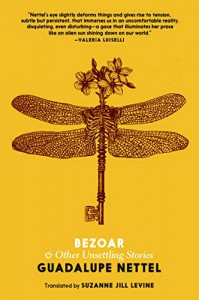Around the globe, February has seen upheavals in Indian publishing, the release of new translations of Central American literature, and the loss of a giant in Palestinian letters. Read on to find out more!
Suhasini Patni, Editor-at-Large, reporting from India
The Indian publishing industry was taken by storm on February 1, when Amazon India announced that it was shutting down Westland Books, home to some of the fiercest writing from the country. The details of how it will affect the backlog of books, whether they will remain available or be taken out of circulation, are still unclear. Westland is one of the largest English-language trade publishers in India, with an imprint called Context that publishes literary fiction and another called Eka that publishes translations. They have consistently released daring titles, such as The Price of the Modi Years by Aaker Patel and Modi’s India by Christophe Jaffrelot.
The Mint Lounge, one of the first publications to break the news, wrote: “The editors of Westland were informed about the impending closure only earlier today, a member of the staff at the publishing house said, requesting anonymity.” After hearing the devastating news, many have posted on social media to appeal to readers to buy books before they run out. The Bookshop, an independent bookstore in New Delhi, wrote: “For a company to acquire an independent, local publisher of books that will in future certainly prove to be foundational texts of Indian literature, and then to arbitrarily shut it with no forewarning is a highly reprehensible act that the entire community of booksellers condemns.”
Westland recently published best-selling Malayalam author KR Meera’s latest novel Qabar, translated by Nisha Susan. A short novella of magical realism, the book is a riff on the Babri Masjid case. It explores increased communalism in India and ultimately magnifies the tensions that lead to lynching, mob-making, and dehumanization.






